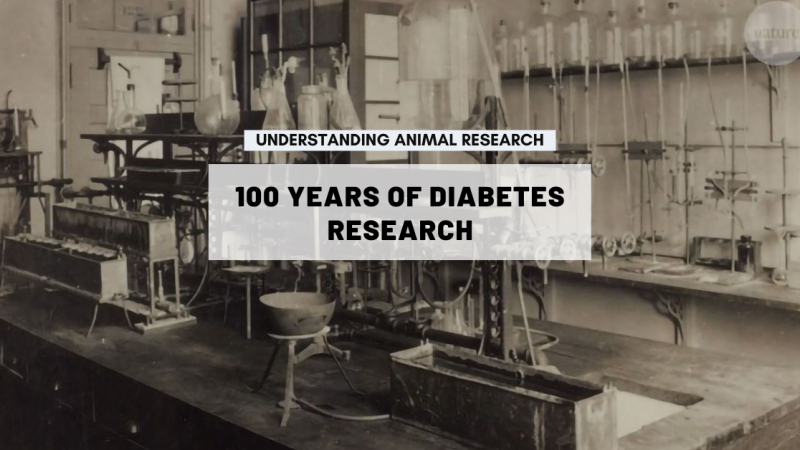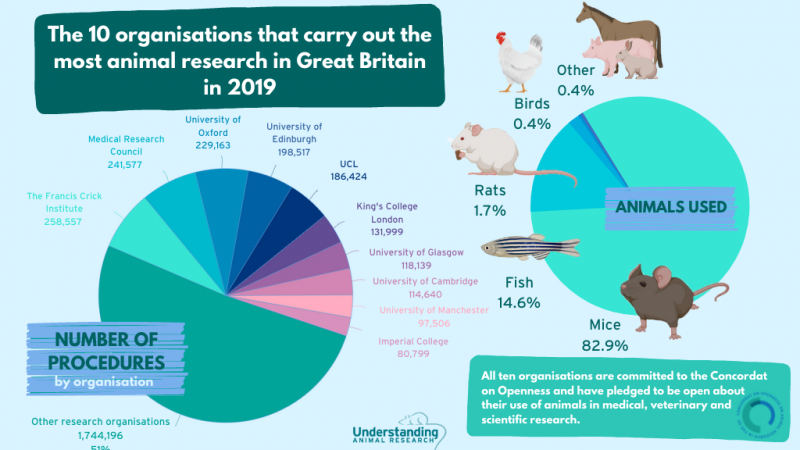Text to go here...
 Rates of diabetes have doubled in the last 30 years and doctors say rising levels of obesity are the main contributing factor. Now studies in mice have uncovered why a high fat diet may lead to type 2 diabetes. Scientists found that fat in the bloodstream interferes with the body’s sugar sensors so that cells no longer know when to produce insulin, the molecule that controls glucose concentrations in the blood
Rates of diabetes have doubled in the last 30 years and doctors say rising levels of obesity are the main contributing factor. Now studies in mice have uncovered why a high fat diet may lead to type 2 diabetes. Scientists found that fat in the bloodstream interferes with the body’s sugar sensors so that cells no longer know when to produce insulin, the molecule that controls glucose concentrations in the blood
Blood sugar levels are monitored by beta cells in the pancreas. These cells contain glucose transporters named GLUT1, which allow the cells to monitor sugar levels. When sugar levels rise the cells release insulin. Insulin then tells the body to bring down sugar levels. But beta cells in some type 2 diabetes patients do not release insulin, and until now scientists have been unsure why.
Mice fed on a high-fat diet showed increased levels of free fatty acids in their blood. These interfered with the production of an enzyme (GnT-4a) involved in making GLUT1 transporters. As a result the beta-cells had fewer GLUT1 transporters and the mice showed signs of type 2 diabetes.
The scientists were able to reverse the effect of a high fat diet by artificially increasing production of the GnT-4a enzyme which restored GLUT1 levels.
The scientists looked at beta cells taken from patients with type 2 diabetes and also saw that GnT-4a enzyme production was disrupted, linking their findings in mice to the disease in humans.
Last edited: 29 July 2022 14:02




